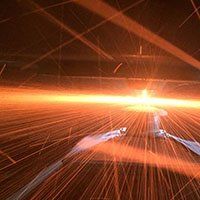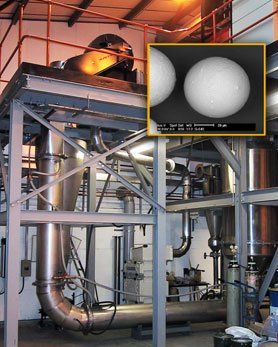
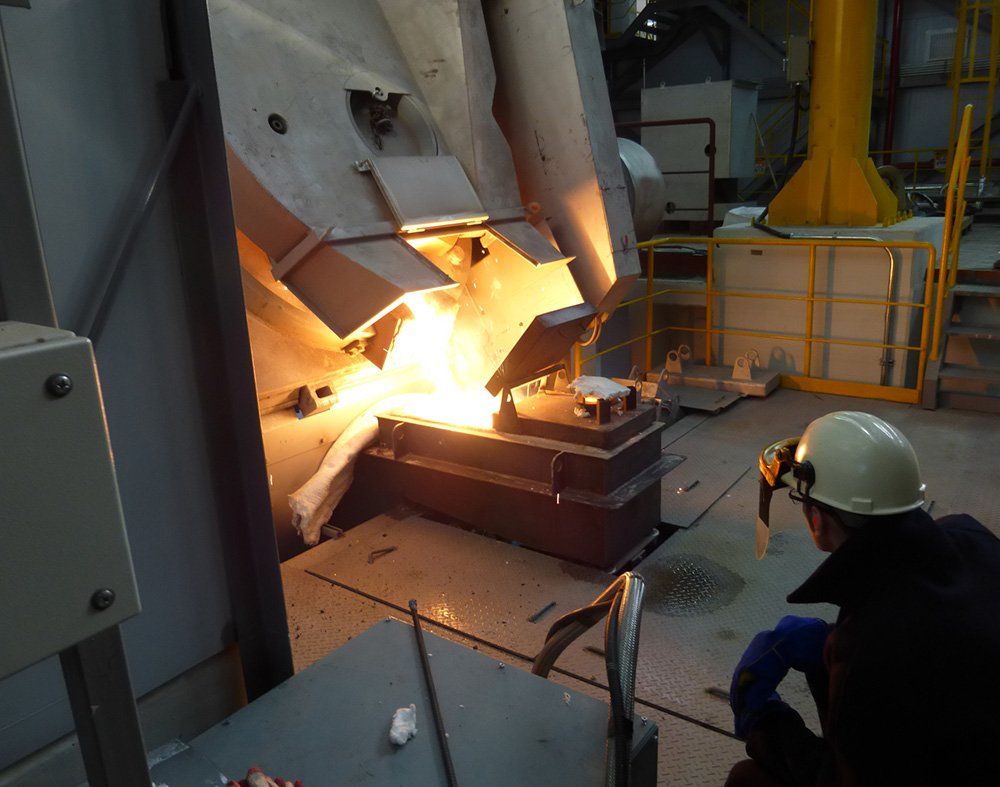
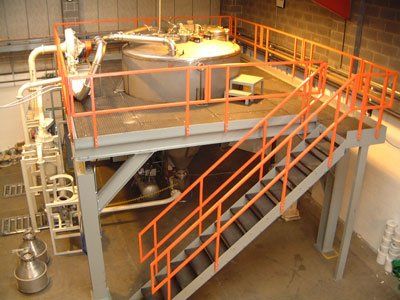
Equipment Supplied Globally
Ferrous Powders
13 plants for iron powder production from 1 to 100t capacity
9 plants for stainless steel powder production ranging from 150kg to 5000kg capacity
4 plants for high alloy steel powders
3 plants for soft magnetic alloy powders
2 plants for Ferrosilicon dense medium powder production
Nickel and Cobalt Alloy Powders
7 plants for nickel and cobalt thermal spraying powders
2 VIGA plants for superalloys
2 plants for refining or smelting Co and Ni
Non-ferrous Powders
6 plants for copper and copper alloy powders.
4 plants for zinc powder production at 3t/hour in zinc refineries
4 plants for Al and Mg powders
2 plants for lead powder or shot
Precious Metal Powders
11 plants for silver dental amalgam powders
9 plants for silver powders for electrical contacts ranging from 10 to 400kg.
9 plants from 5kg to 5t for refining or extracting precious metals including Au, Ag, Pt, Rh
7 plants for silver brazing alloy powders
5 plants for gold alloy powders
2 plants for platinum and Pt alloy powders (melting up to 1800C)
Special Powders
30 units for R&D work ranging from 5kg to 500kg capacity
10 plants for electronic solder powder
1 plant for silicon powder
1 plant for diamond tool matrix alloy powders




